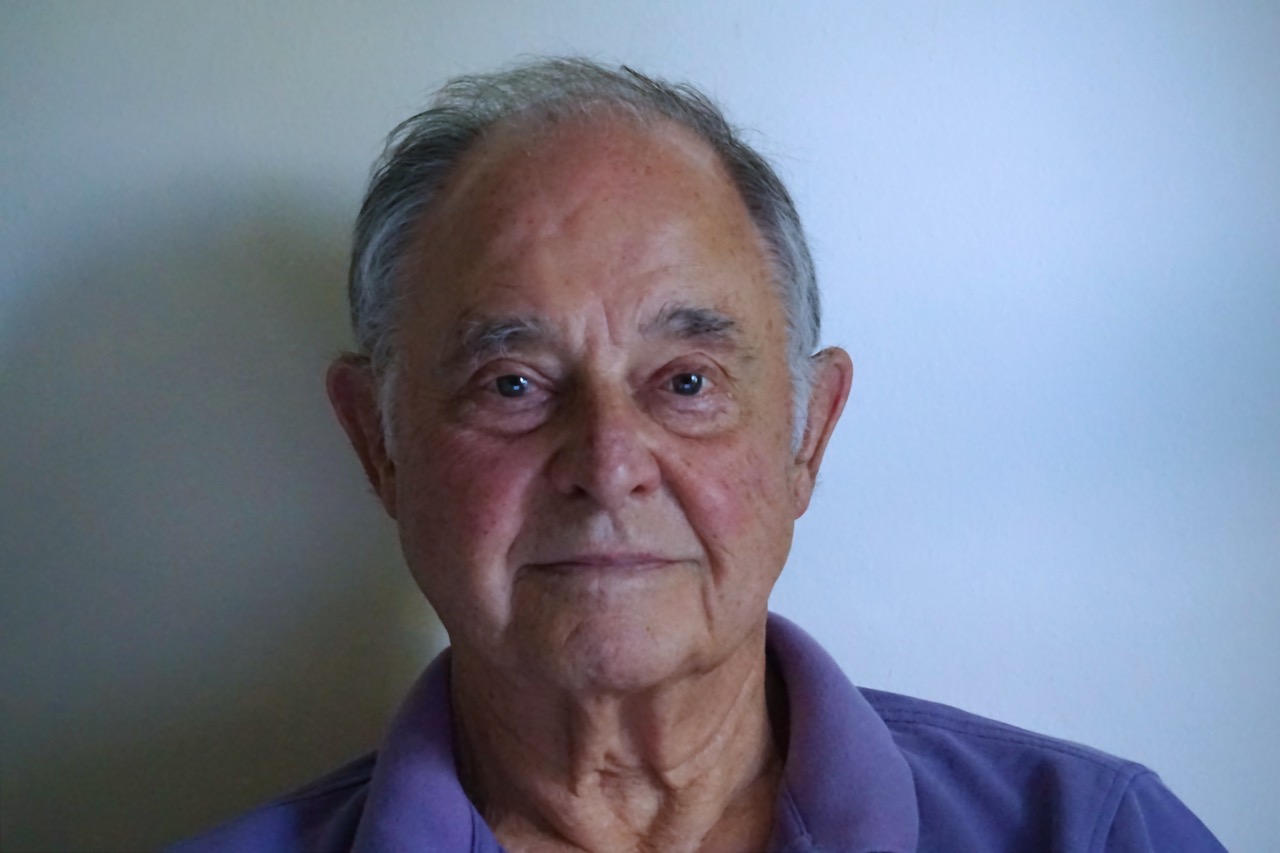Keynote : John M. Chowning
Video recorded and edited by Pascal Cesaro.

John M. Chowning was born in Salem, New Jersey in 1934. Following military and university studies, he studied composition in Paris in 1959 for three years with Nadia Boulanger. In 1966 he received the doctorate in composition from Stanford University, where he studied with Leland Smith. In 1964 with the support of Max Mathews and David Poole, he began his research in computer music. Following the work of Stockhausen, he programmed the first generalized surround sound localization algorithm in 1968. He discovered the FM synthesis algorithm in 1967. Inspired by the acoustic and perceptual research of Jean-Claude Risset, he developed the algorithm, which Stanford University patented and licensed to Yamaha in 1973. It became the most successful synthesis engine in the history of electroacoustic instruments. From 1964 until 1996, Chowning taught computer-sound synthesis and composition at Stanford University's Center for Computer Research in Music and Acoustics (CCRMA). Among his awards are Diplôme d’Officier dans l’Ordre des Arts et Lettres from the French Ministre de la Culture 1995, and the Doctorat Honoris Causa from the Université de la Méditerranée in 2002.
Jean-Claude Risset: humanist, composer, musician, and scientist
The impact of Jean-Claude’s death in 2016 was immediate and stunning — the news traveled fast in the worlds of music and of science that had been so enriched by his life’s work. But it was not always so. The path that he had chosen in his first years at Bell Labs, research in acoustics and psychoacoustics, was not guaranteed to be productive in music composition, yet his remarkable ability to hear inside sound pushed him toward discoveries that still resonate these many years later. I will recount my understanding of his gradual acceptance by the colleagues whom he cared about, whom he admired, as they learned that behind his modest presence there was genius.